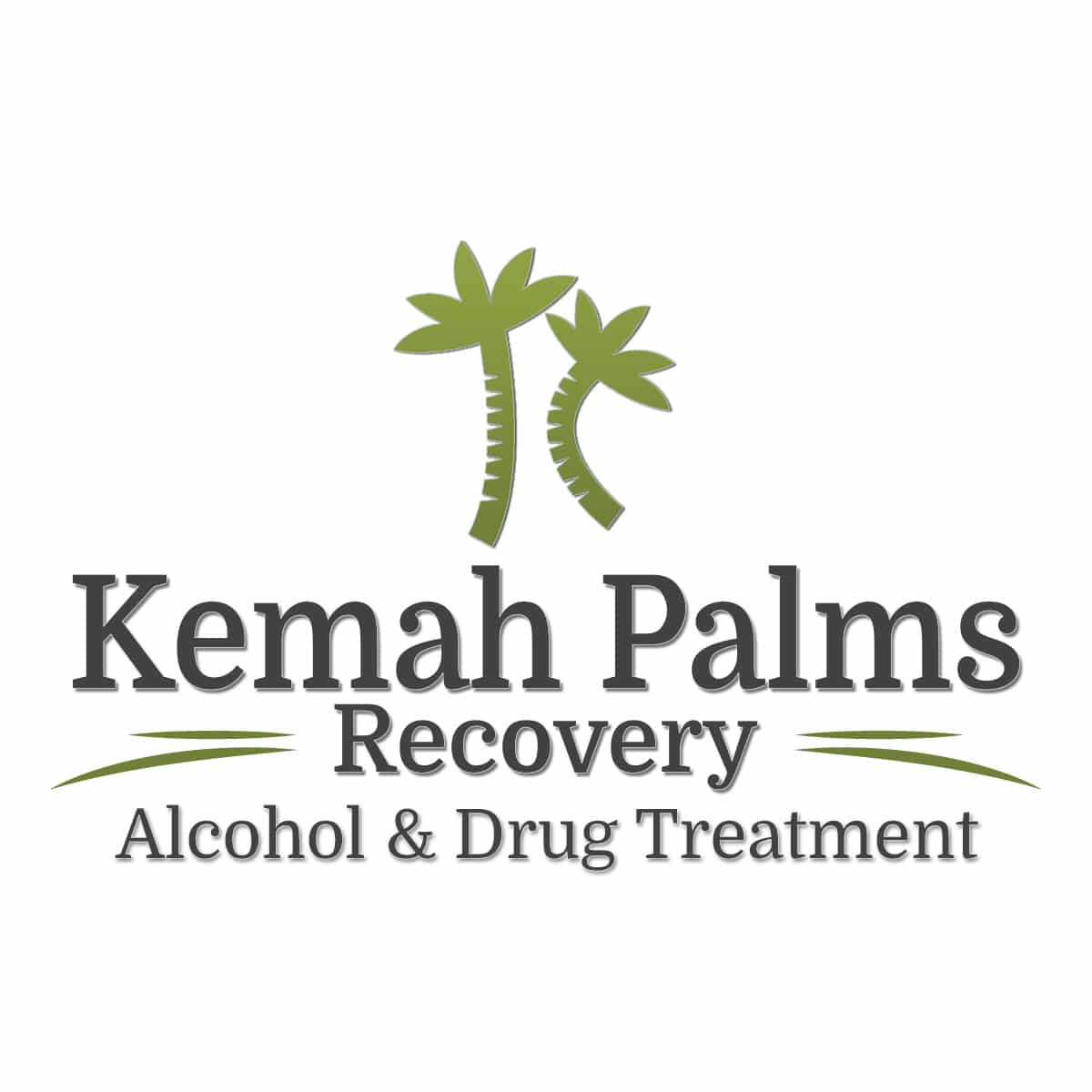Limits of alcohol consumption
Though there are limits of alcohol consumption, it is always recommended to completely abstain from it. If standard drinking unit s are considered as one 12 oz-beer which is 5% alcohol, one 5-oz glass wine which is 12% alcohol and one and 1/2 oz of 80-proof liquor 40% alcohol, then your teen may be at risk for alcohol-related problems and you might want to consider alcohol rehab.
What is alcohol poisoning?
For a boy greater than 14 drinks per week, or greater than 4 drinks per occasion and for a girl greater than 7 drinks per week, or greater than 3 drinks per occasion may lead to alcohol related problems. Consuming an overdose of alcohol in a relatively short period of time interferes with the body’s functions is referred to as alcohol poisoning. It may lead to a potentially fatal condition. Alcohol depresses the nervous system and tends to lose control of functions like breathing and may suffocate while vomiting or slip into a coma. Teens starting to experiment with alcohol show a tendency to indulge in binge drinking that can be enough to overload the body. It is the large quantity ingested in short time that creates alcohol poisoning.
Symptoms of alcohol poisoning
 The quantity of alcohol that induces alcohol poisoning differs from person to person and it is also based on tolerance, body composition and prior drinking experience. Symptoms of alcohol poisoning include nausea, confusion, stupor, vomiting and irregular breathing. Teens who are inexperienced drinkers are unaware of the signs of alcohol poisoning, or believe that an intoxicated friend just needs to sleep to wear the effect off.
The quantity of alcohol that induces alcohol poisoning differs from person to person and it is also based on tolerance, body composition and prior drinking experience. Symptoms of alcohol poisoning include nausea, confusion, stupor, vomiting and irregular breathing. Teens who are inexperienced drinkers are unaware of the signs of alcohol poisoning, or believe that an intoxicated friend just needs to sleep to wear the effect off.
There are 3 primary ways to prevent your teen from alcohol poisoning:
- When you see the symptoms of alcohol poisoning in your teen seek medical assistance so that doctors or paramedics can provide the much needed critical assistance. The immediate assistance can include inserting a breathing tube to keep the patient from choking and pumping alcohol out of the stomach.
- Most of the times it is difficult to tell the difference between one who is drunk or experiencing alcohol poisoning and in the case of teens it is almost always binge drinking. Instead of taking a chance it is always better to give the benefit of doubt and just call for medical assistance.
- It is always better to ensure that alcohol is stored in a place, out of the reach of your teens and maintain an open dialogue about alcohol and make them aware about alcohol poisoning. This may not only prevent children from drinking but in case of excessive drinking they may identify the signs of alcohol poisoning and seek timely help.






